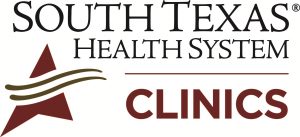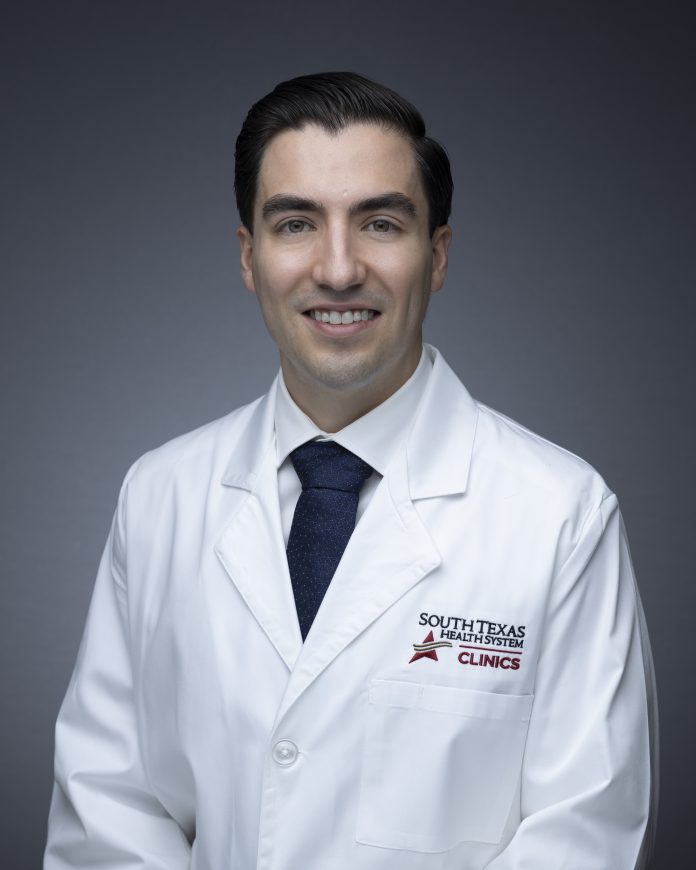
Have you had your annual health checkup? It’s important to know that annual visits with a healthcare provider aren’t only for the sick. Your yearly health check is an important form of preventive care that can help you avoid illnesses – and potentially receive treatments to help prevent them from becoming more serious.
Routine checkups are recommended annually for adults ages 18 to 21, and those 50 years old and above. For people whose age falls in between, a physical every one to three years is suggested based on personal risk factors.
Still unsure about scheduling a checkup? Below, Raul Diaz de Leon, MD, a family medicine physician with South Texas Health System® Clinics, answers some commonly asked questions about health checkups.
How should I prepare for a health checkup?
Not much is needed in the way of preparation unless your doctor has ordered a fasting blood test. If so, you would most likely need to fast for 8-12 hours before the test. It is, however, important to come prepared with general information about your health, including any questions you might have.
Be ready to let your healthcare provider know about:
- Allergies
- Medications you are taking
- Any symptoms of concern
- Recent lab results (if any)
- Contact information for previous doctors you have seen
What can I expect at my appointment?
Health checkups cover a range of questions and screenings to best detect potential health risk factors and determine the best course of action to maintain your health.
Your doctor will typically ask about:
- Past health history
- Family health history
- Lifestyle factors that affect health, including current stress, physical activity, diet and drug and alcohol use
In addition, you can expect the following:
- Weight check
- Physical examination, including looking in your eyes, ears and throat
- A check of vitals, including blood pressure, heart and respiratory rate
- Motor function and reflexes test
- Laboratory tests through drawn blood
Annual immunizations are also important and can often be administered at this time. A reminder that flu shots are recommended yearly for everyone ages 6 months and older.
Finally, your doctor may request screening tests based on your background and demographics.
What are some important screenings for me?
Screenings can be especially helpful in determining your overall health and identifying disease early when it may be simpler to treat. Specific screenings should be considered based on gender, age and family history.
Women should regularly schedule the following:
- Pap tests and pelvic exams, to detect cervical cancer. Starting at age 21, test every three years.
- Mammograms, to detect breast cancer. For those at average risk, your healthcare provider will likely recommend that you start screening at age 50 and continue to test every other year (or as recommended by your healthcare provider). Women 40 to 49 should talk to their physician or other healthcare provider about when to start and how often to get a mammogram.
Men also have unique screenings to consider. These may include:
- Testicular exam, to detect testicular cancer. Recommended as part of a general physical exam during routine checkups.
- Prostate screening, to detect prostate-specific antigen in your blood. If recommended, based on your family history, starting at age 50, test every 2-3 years.
Preventive healthcare is especially important for older adults. The risk for health problems increases as you age. You can take important steps now to mitigate potential complications. Adults should discuss which of the following screenings are needed with their physician:
- Colorectal cancer (the American Cancer Society® recommends that people at average risk of colorectal cancer start regular screening at age 45)
- Diabetes
- Heart/cardiovascular disease
- Osteoporosis
What happens after a health checkup?
At the conclusion of your health checkup, your provider will likely review results from your tests and exams and discuss their observations. He or she will also typically follow up with you after lab and screening results come back.
Ready to make good health a priority?
To make an appointment, schedule online at sthsclinics.com or call 956-603-1515.
Raul Diaz de Leon, MD
Family Medicine
South Texas Health System Clinics
7900 North 10th St. | Suite A | McAllen, TX 78504
Dr. Diaz de Leon is a family medicine physician who has chosen to stay in South Texas and serve the people of the local community. He received his medical degree from UT Health San Antonio Long School of Medicine and completed his family medicine residency at the University of Texas Rio Grande Valley at Doctors Hospital at Renaissance in McAllen. He offers easy access to the care you and your family need and is fluent in English and Spanish.
For language assistance, disability accommodations and the nondiscrimination notice, visit our website.





